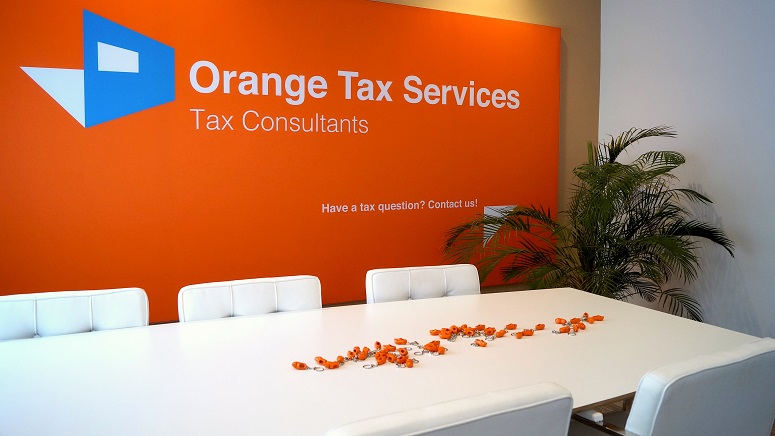One of the more frequently asked questions is about saving tax by spending money on business costs.
Year end balance – costs
Most entrepreneurs learn during the year the amount of profit they expect to have made by December 31. Then they do a quick calculation of how much income tax is involved, and that could be a bit frightening.
Some entrepreneurs have then an immediate response to spend more on costs, hence the profit is lower, which results in less tax to be paid.
If the costs were to be made regardless of the result of the company, then this could be a good idea. However, if these costs are not truly necessary, but simply made to reduce the taxable profit, then this is a bit silly.
Why is this silly? Example:
You make EUR 100.000 profit and the tax rate is 52% (a tax rate for this example). So over EUR 100.000 you pay EUR 52.000 income tax.
Now you spend EUR 10.000 on silly costs, hence your profit is down to EUR 90.000. When we apply the 52% tax rate, then you are now due EUR 46.800. You saved EUR 5.200 income tax by spending EUR 10.000. That is not something a wise man would do, so to say.
It is better not to make the silly costs and pay the tax, as you then have EUR 4.800 more cash in your hand to spend.

Year end balance – investments
In line with the above some entrepreneurs make an investment that the company needs, to reduce the tax burden. An investment is an amount spend on costs exceeding EUR 450 ex VAT. Costs like study costs or licensee costs do not qualify. It is for example a lap top, server, company car etc.
Investments are not silly costs, but neither do they reach the desired effect, as investments are to be depreciated over a minimum of 5 year period. That implies a EUR 10.000 investment made on December 1 yields in only EUR 167 deduction of the profit. The EUR 10.000 is to be depreciated over a 5 year period. Then the investment was made on December 1, hence 1/12 of the EUR 2000 is deductible in the year of the investment.
That said, if the investment still has a value after 5 years of depreciating, for instance EUR 1500, then you can only depreciate over EUR 8.500.
Year end balance – costs versus income
The downside of a lower profit is that you have a lower profit. That is a logical consequence, but the moment the entrepreneur would like to purchase a house, then the bank would like to see the result of the company over the past three years. If then the profit of each year was reduced to save tax, it is very well possible that the bank denies you the loan by lack of sufficient profit.
Orange Tax Services
The above question is one we are often asked. In my opinion you as entrepreneur should do your best to earn as much as you can, regardless of the tax rate applicable. There will be plenty of occasions in the future that make that you no longer can make the profit you can make now. Not only you become older hence less energetic, but economy can go down or your product/service is no longer a desired product. That might make you wish you were not so much blinded by the tax during the period of plenty.





